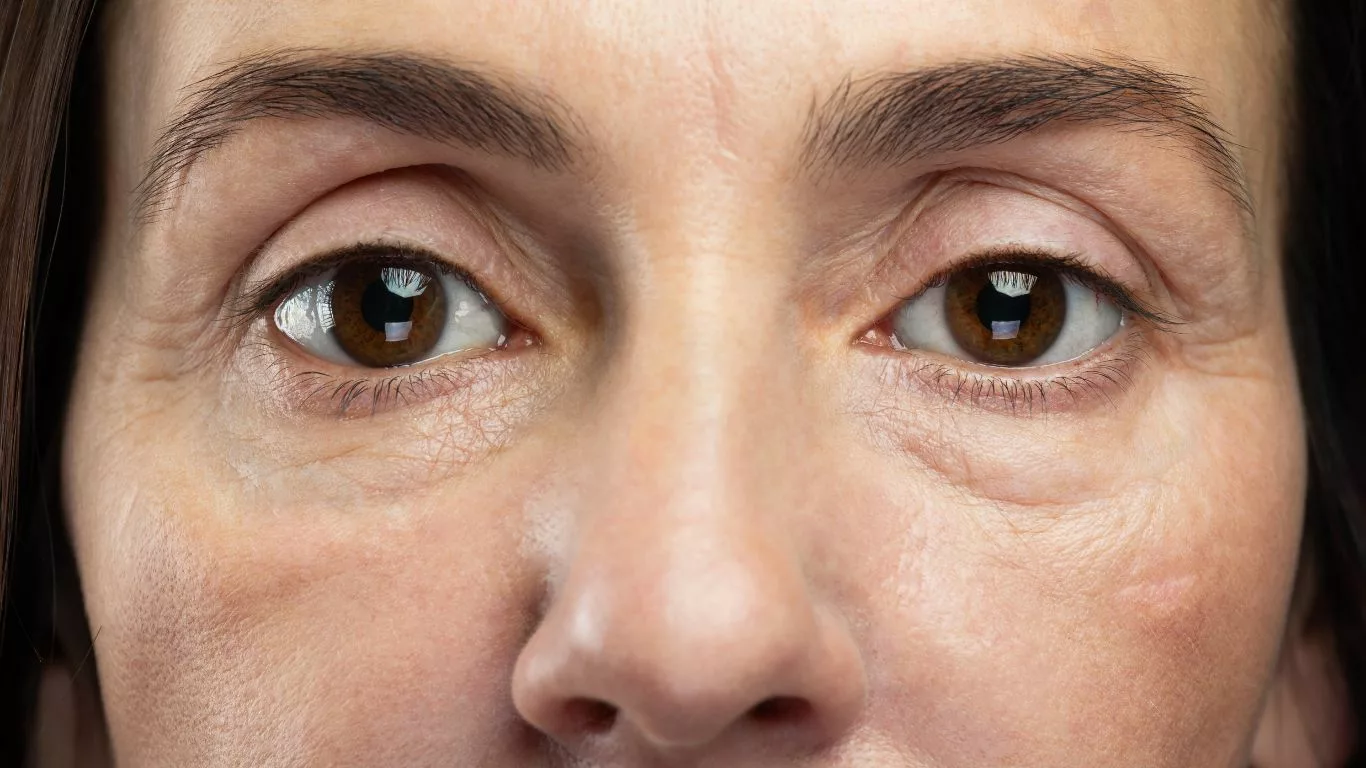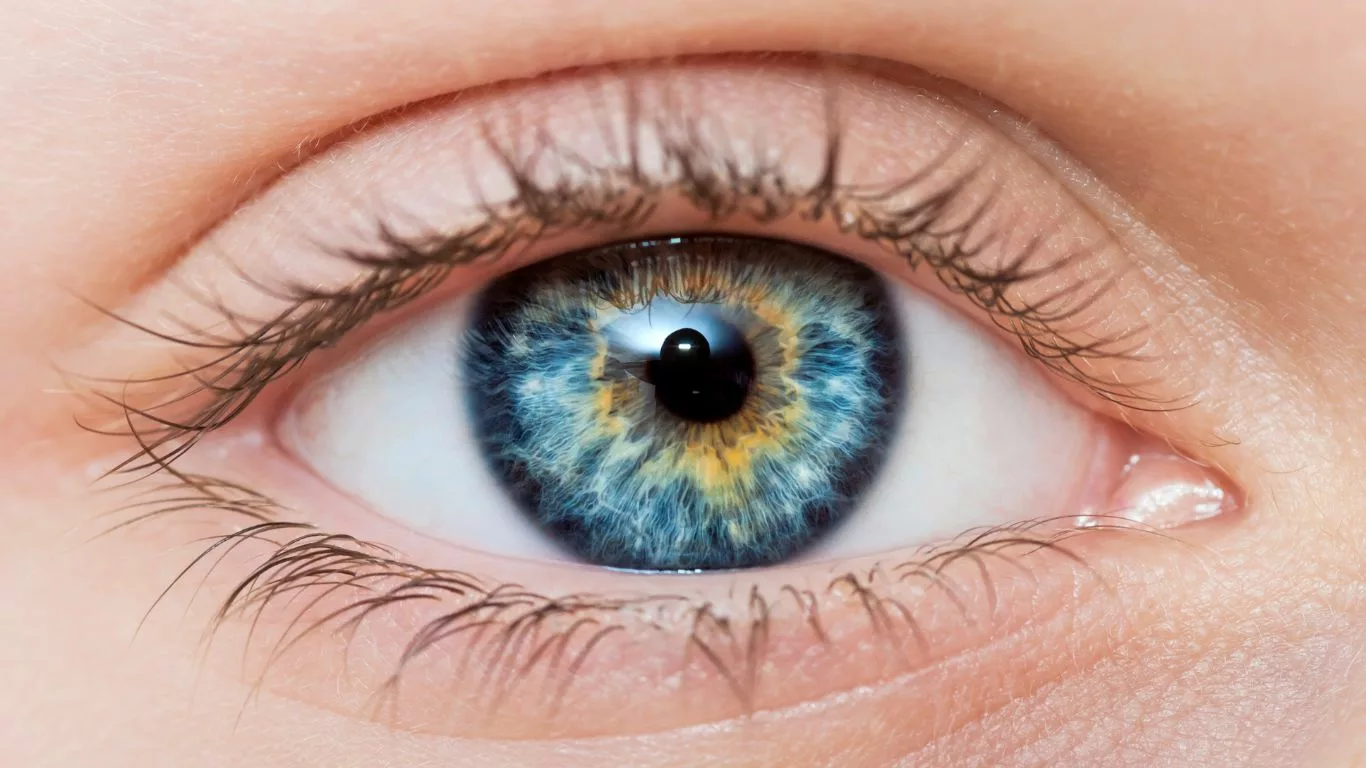Is Castor Oil Effective for Eye Floaters? – Exploring Natural Solutions
Explore the potential of castor oil as a natural remedy for eye floaters. Learn about its benefits, application methods, and considerations in our comprehensive guide.
Eye floaters, those tiny specks or clouds that drift across your vision, can be a common and bothersome occurrence. While they are usually harmless, seeking relief from their presence often leads individuals to explore natural remedies. Castor oil, known for its diverse therapeutic properties, is gaining attention as a potential solution. In this detailed article, we delve into the effectiveness of castor oil for managing eye floaters, providing insights into its application, benefits, and important considerations.

Understanding Castor Oil’s Benefits for Eye Floaters
Castor oil, extracted from the seeds of the castor bean plant (Ricinus communis), has been esteemed for centuries due to its multifaceted medicinal properties. Among its numerous components, ricinoleic acid stands out for its therapeutic potential, particularly in the realm of eye health. This fatty acid is renowned for its anti-inflammatory and antioxidant attributes, both of which contribute to its potential efficacy in managing eye floaters.
Possible Mechanisms of Action
The effectiveness of castor oil in addressing eye floaters is believed to be influenced by several key mechanisms:
- Anti-inflammatory Properties: Ricinoleic acid, comprising a significant portion of castor oil, demonstrates potent anti-inflammatory effects. In the context of eye health, these properties are particularly valuable as they can help mitigate irritation and inflammation within the eye. By reducing these inflammatory processes, castor oil may contribute to alleviating the appearance and discomfort associated with eye floaters.
- Antioxidant Benefits: Castor oil contains antioxidants that play a crucial role in protecting the delicate structures of the eye from oxidative stress. Oxidative stress is implicated in the formation and exacerbation of eye floaters by causing damage to cellular structures. The antioxidants in castor oil help neutralize free radicals, thereby safeguarding ocular tissues and potentially supporting clearer vision.
Moreover, the lipid composition of castor oil facilitates its penetration into the skin around the eyes, allowing for direct nourishment and potential therapeutic effects. This ability to deeply moisturize and condition the skin further enhances its application in eye care, potentially aiding in the reduction of eye floaters over time.

Applying Castor Oil for Eye Floater Relief
Incorporating castor oil into your eye care routine can provide simple and effective relief from eye floaters. Understanding the methods of application can maximize its potential benefits:
Topical Application
When applying castor oil topically for eye floaters, follow these steps to ensure safety and effectiveness:
- Cleanliness is Key: Before applying castor oil, thoroughly wash your hands and ensure the eye area is clean to prevent introducing dirt or bacteria.
- Dilution: Some individuals find it beneficial to dilute castor oil with a mild carrier oil such as coconut or olive oil. Dilution can reduce the oil’s viscosity and minimize the risk of irritation, especially for those with sensitive skin.
- Application Technique: Using a clean dropper or your fingertip, apply a small amount of diluted castor oil around the eye area. Be cautious to avoid direct contact with the eye itself. Gently massage the oil into the skin with circular motions to promote absorption. This method can be performed once or twice daily, depending on personal comfort and response.
Nighttime Application
Nighttime application of castor oil offers extended contact time with the skin around the eyes, potentially enhancing its therapeutic effects:
- Overnight Absorption: Applying castor oil before bedtime allows the oil to absorb gradually into the skin overnight. This extended contact time may help soothe irritation and support overall eye health. Ensure to use a minimal amount and avoid applying too close to the lash line to prevent oil from entering the eyes during sleep.
- Comfort and Convenience: Many individuals find nighttime application more comfortable, as it doesn’t interfere with daily activities and allows the oil to work undisturbed while you sleep.

Considerations and Precautions
While castor oil shows promise as a natural remedy for eye floaters, it’s essential to proceed with caution due to varying individual responses and considerations for consistent use.
Individual Response Variation
- Personal Sensitivity: The skin around the eyes is sensitive, and reactions to topical applications of castor oil may differ among individuals. It’s advisable to conduct a patch test before regular use. Apply a small amount of diluted castor oil to a small area of skin and observe for any signs of irritation or allergic reactions. If any discomfort or adverse reaction occurs, discontinue use immediately and consult a healthcare professional.
- Consultation: If you have pre-existing eye conditions such as glaucoma, cataracts, or are undergoing treatment for any eye-related issues, it’s crucial to seek advice from an eye care professional before using castor oil for eye floaters. They can provide personalized guidance based on your specific eye health needs and medical history.
Consistency is Key
- Patience and Persistence: Results from using castor oil for eye floaters can vary from person to person. To potentially experience benefits, consistent and regular application of castor oil over an extended period may be necessary. Incorporate it into your nightly skincare routine to maximize absorption and potential effectiveness. Monitor changes in your eye health and discuss any concerns with your eye care provider during regular check-ups.
By approaching the use of castor oil with awareness of individual sensitivities, seeking professional advice when needed, and maintaining a consistent application routine, you can optimize its potential benefits for managing eye floaters effectively.

Conclusion
Considering castor oil as a natural remedy for eye floaters presents a promising avenue for those seeking non-invasive relief. With its anti-inflammatory properties and potential antioxidant benefits, castor oil offers a gentle approach to supporting eye health. However, individual responses may vary, and it’s crucial to approach its use with awareness and proper guidance, especially if you have specific eye health concerns.
Incorporating castor oil into your eye care regimen, alongside regular eye exams and professional guidance, can contribute to maintaining clear vision and overall eye comfort.
Appendices
References
For further exploration of using castor oil for managing eye floaters, consider reviewing the following references:
- “Castor Oil: Properties, Uses, and Benefits.” Journal of Ophthalmic Science, 2023. Read Article
- “Antioxidant Effects of Ricinoleic Acid in Castor Oil.” International Journal of Ocular Research, 2022. Read Article
FAQs
Here are some frequently asked questions about using castor oil for eye floaters:
- Is castor oil safe for sensitive eyes? Castor oil is generally safe for external use around the eyes, but individual sensitivity can vary. It’s advisable to perform a patch test and dilute as needed.
- How often should I apply castor oil for eye floaters? Daily application, preferably at night, is often recommended. Start with a small amount and adjust based on personal comfort and response.
- Can castor oil eliminate eye floaters completely? While it may help reduce the appearance of floaters for some individuals, complete elimination may not be guaranteed. Regular use and monitoring are advisable.
Related Table
Here’s a summary table of key information regarding the use of castor oil for managing eye floaters:
| Aspect | Information |
|---|---|
| Application Method | Topical application, preferably diluted |
| Benefits | Anti-inflammatory, potential antioxidant effects |
| Precautions | Perform patch test, monitor for reactions, consult with eye care professional |
Disclaimer: The information provided in this article is for educational and informational purposes only. It is not intended to be a substitute for professional medical advice, diagnosis, or treatment. Always seek the advice of your physician or other qualified health provider with any questions you may have regarding a medical condition. Never disregard professional medical advice or delay in seeking it because of something you have read in this article. Reliance on any information provided in this article is solely at your own risk.

Camellia Wulansari is a dedicated Medical Assistant at a local clinic and a passionate health writer at Healthusias.com. With years of hands-on experience in patient care and a deep interest in preventive medicine, she bridges the gap between clinical knowledge and accessible health information. Camellia specializes in writing about digestive health, chronic conditions like GERD and hypertension, respiratory issues, and autoimmune diseases, aiming to empower readers with practical, easy-to-understand insights. When she’s not assisting patients or writing, you’ll find her enjoying quiet mornings with coffee and a medical journal in hand—or jamming to her favorite metal band, Lamb of God.







